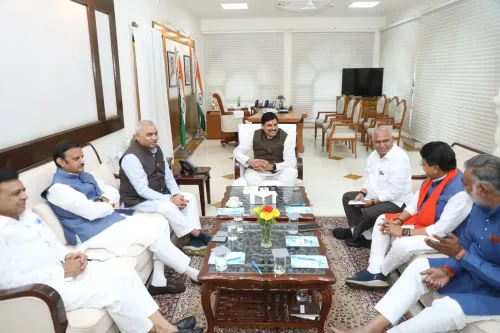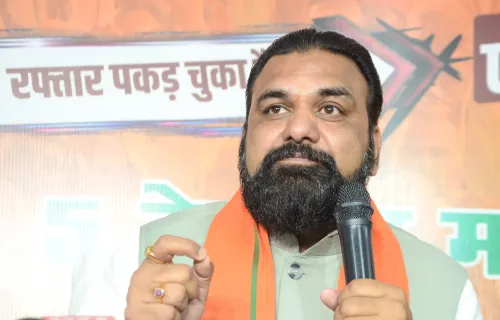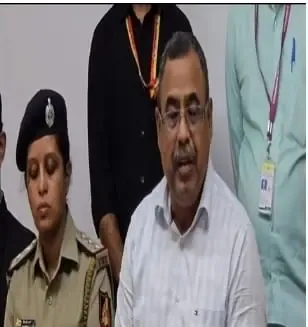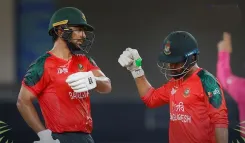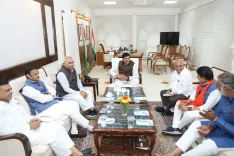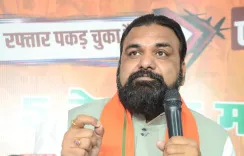Should the Lav Kush Ramleela Organizers Reverse Their Casting Decision for Poonam Pandey?
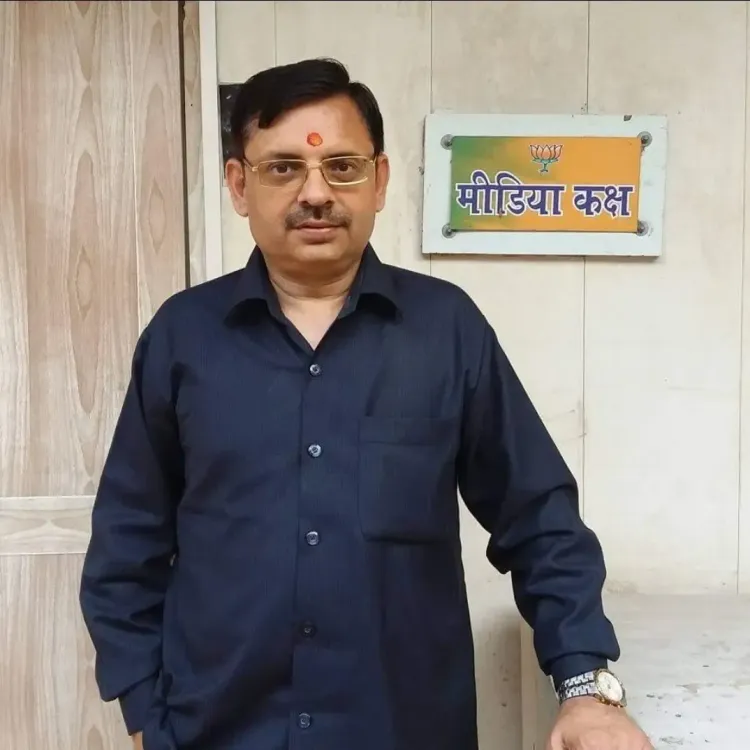
Synopsis
Key Takeaways
- Controversy has arisen over the casting of Poonam Pandey in a traditional role.
- The BJP and VHP have publicly opposed this decision.
- Concerns about the dignity of cultural representations are being voiced.
- Poonam Pandey's past controversies have fueled the debate.
- Public sentiment plays a crucial role in cultural events.
New Delhi, Sep 20 (NationPress) A fresh controversy has surfaced as the renowned Luv Kush Ramleela Committee in Delhi has enlisted model-actress Poonam Pandey to portray ‘Mandodari’, the wife of Ravana. This decision has drawn criticism from the ruling party in the capital, including the BJP and VHP.
In a media statement, Praveen Shankar Kapoor, media head of the Delhi BJP unit and senior Vice President of the Lav Kush Ramleela Committee, has vehemently criticized the committee's choice to cast the controversial model Poonam Pandey in the role of Mandodari.
Kapoor has addressed a letter to Arjun Kumar (President) and Subhash Goyal (Secretary) of the Lav Kush Ramleela Committee, articulating his disapproval of Poonam Pandey's inclusion in the cast.
In his correspondence, he remarked, "The model Poonam Pandey has never taken on any positive roles in her films and is predominantly recognized for her promotion of obscenity and vulgarity on social media. She is primarily known for her controversial actions."
He informed the senior members of the Ramleela Committee that casting Poonam Pandey does not reflect the dignity and values of the Lav Kush Ramleela.
The letter also mentions that the Delhi branch of the Vishwa Hindu Parishad has condemned Poonam Pandey's casting, asserting that this decision has deeply offended the sentiments of millions of devotees. "Hence, the organizers of the Lav Kush Ramleela must retract this decision," the letter concludes.
It is important to note that Poonam Pandey is no stranger to controversies.
In 2011, she famously declared that she would strip if India won the 2011 World Cup.
More recently, in 2024, her team falsely announced her death due to cervical cancer, which became a viral sensation on social media, only to later clarify that it was a stunt intended to raise awareness about the disease, a move that was widely condemned and resulted in significant backlash.

